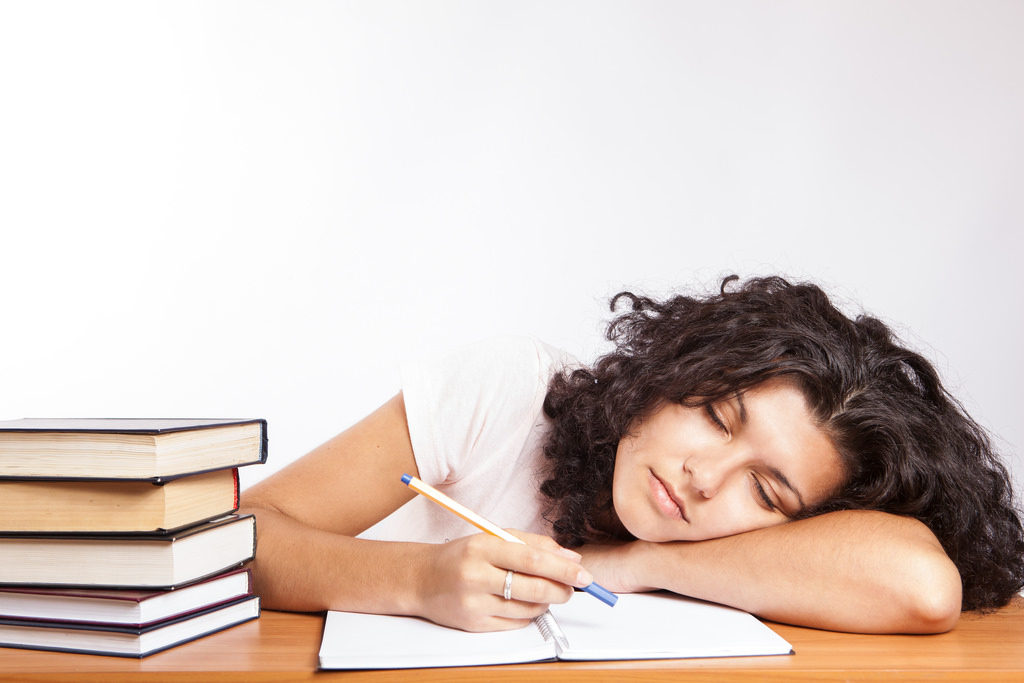 ADHD and Sleep Disorders
ADHD and Sleep Disorders
Recent research has linked ADHD to a variety of sleep problems in children. For example, the Sleep Foundation cites the following studies which outline some of the common sleep disturbances experienced by children with ADHD:
- One recent study found that children with ADHD had higher rates of daytime sleepiness than children without ADHD.
- A second study found that 50% of children with ADHD had signs of sleep disordered breathing, compared to only 22% of children without ADHD.
- A third research study found that restless legs syndrome and periodic leg movement syndrome are also common in children with ADHD.
How ADHD May Exacerbate Sleep Problems
According to Laura Tagliareni at Understood.org, certain tendencies among children with ADHD can keep them from getting a good night’s sleep.
- They often have trouble with self-regulation which can prevent them from wind-down at the end of the day.
- They are a more prone to things like nightmares and bedwetting.
- They may put off doing homework until the last minute which makes the evening more hectic and less relaxing.
- If they are in the tweens and teens age group, they may feel more productive during quiet nighttime hours which results in less sleep.
- They often have anxiety problems. Their anxious feelings can emerge at night when there are fewer activities to distract them. This causes them to have trouble falling or staying asleep.
Tips for Helping Your Child Get Better Sleep
There are a number of steps parents can take to help their ADHD child get more and better sleep. These include:
- Encourage your child to participate in physical activities after school
- Monitor sleep patterns and begin the process of getting ready for bed earlier in the evening
- Reduce stimulating activities before bedtime and try to get your child to start their homework earlier
- Avoid caffeine and other stimulants in the evening, and if necessary, talk your doctor about the stimulative effects of any ADHD medication your child might be taking
- Talk to your doctor about excessive snoring or any other breathing issues your child might be experiencing during sleep
- Investigate meditation and other stress reducing techniques
You can find additional tips for helping your ADHD child improve their sleep from Madeline Vann, MPH at the Everyday Health website.
By working with your child and your child’s physician, you can create a sound sleep environment to help your child get the sleep they need to succeed with ADHD.
How to Get to Sleep When You Have ADHD



Getting Better Sleep with ADHD | ADHD Coaching: Edge Foundation
[…] 0 […]